Characteristics of Eclectic Tendency in Education:
Following are the chief characteristics of eclectic tendency in education-
- To prepare good citizens as the aim of education- One of the chief characteristics of modern education is to prepare good citizens so that they may be able to work for the welfare of the society and the country.
- Wide and flexible curriculum- In order to fulfil the needs of the present complicated and changeable society, a wide flexible curriculum is constructed. In other words, many subjects are included in the curriculum. Moreover, provision is made for the changes in the curriculum keeping in view the changes in situations and ideas.
- Emphasis on the co-ordination of various subjects- Though many subjects are included in the curriculum yet education is imparted by co-ordinating various subjects.
- Effort to make the method of teaching scientific- Efforts are made to make the method of teaching as much scientific as possible so that the education imparted to the educands may prove to be valid and reliable in all countries, times and situations.
- Method of teaching based on psychology- In the modern age teaching methods are based on psychological elements. In order that teaching methods may be in accordance with the interests of children, importance is attached to the principles of learning by doing, learning by experience, learning by observation and learning by play.
- Emphasis on teacher’s training- In the modern period, special emphasis is laid on the training of the teachers so as to enable them to make a scientific study of the educands and impart education to them through proper methods.
- Emphasis on subject-specialist- Due to the increase of many subjects, it is not possible for a teacher to teach all subjects of the curriculum. Consequently, teachers specialize in their respective subjects. This makes them experts in their subjects and the students get the opportunity of learning from one who has a command over his subjects.
- Division of the subjects of the curriculum into various subjects- With the increase in the number of subjects, it is not possible for the student to study properly all the subjects prescribed in the curriculum. Therefore, the subjects of the curriculum are divided into several groups. keeping this in view, the subjects of the curriculum have been divided into many groups. Example- Literary, Science, Commerce, Industrial, Constructive and Artistic etc.
- Secular form of education- Science education was imparted by the Church or religious institutions in ancient times the children were given mainly religious education. But the education has now assumed a secular form. In this connection, Munroe writes, “For our schools, we have definitely rejected revealed religion as a basis for morality and seek to find a sufficient basis in the development of rationality in the child”.
- Teaching work as a profession- Teaching work now has been free from the clutches of the Church or educational institutions. It has now become a profession. The teachers now get salaries instead of depending upon the philosophy of someone.
- The status of the educator as the friend, guide and brother- In ancient times, the status of the educator was regarded as equal to God. Children were always afraid and scared of the teacher. But in the modern period, the status of an educator is that of a friend, guide and brother.
- Importance of self-discipline- Modern education stresses the importance of self-discipline in children.
- Place of school as the representative of society- Man is a social animal. He cannot live properly without society even for a short period. In such circumstances, efforts are made to make school a small unit of the society so that the socialization of the child may be made and he may learn the activities and ideas which are useful for society. In the words of John Dewey, “School should be the true representative of the society”.
- To establish co-operative relations among schools, home and society- Before the growth of the new viewpoint in education, it was thought proper to impart education to children away from home and society. But according to the new viewpoint, education should be imparted to children by establishing co-operative relations between school, home and society because most of time of the man passes in home and society and the child had ultimately to adjust himself in home and society. According to K. Bhatia and B. D. Bhatia, “New education envisages co-operative relation between school, home and community”.
- Education as a means of social control- According to this viewpoint, schools are regarded as the means of social control in an indirect form. In the words of Munroe, “As a fond of control, education is merely an instrument of society similar to law, to police, force to religion and the Church, to organized public opinion and various institutional customs and tradition”.
- Emphasis on professional education- Modern education stresses on professional education so that the educands may fulfil his needs, raise his standard of living and implement social welfare activities. To achieve this, Medical Colleges, Engineering Colleges, and Research Institutions are being opened in great numbers.
- Provision of Education by State- In the complicated society of today, it has now become necessary that the State should make provisions for education. States are required to provide free and compulsory primary education. States have also the responsibility of providing education to the blind, deaf, dumb etc.
- Emphasis on Adult or Social Education- In the modern period every country wants that each of its citizens should be educated and should possess all the qualities of a good citizen. For this purpose in view, adult or social education is being stressed. Education helps to change the ideas of men and thereby leads to social reform.
- Importance of extra-curricular activities- Modern education is not confined to the study of books but lays stress on extra-curricular activities such as plays, scouting, debates and discussions etc.
- Emphasis on Military Training- Modern education also lays emphasis on military training because it not only makes the educands well-behaved and disciplined but also inculcates educational and patriotic qualities in them.
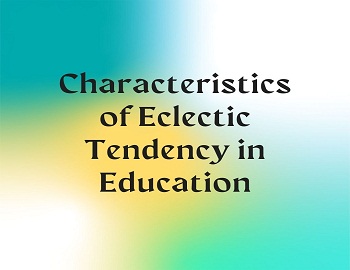
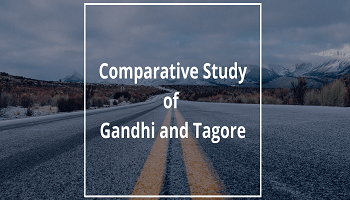
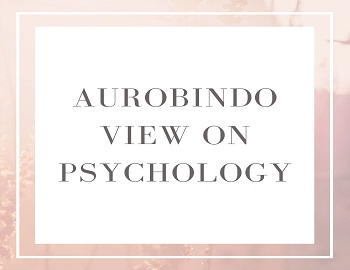
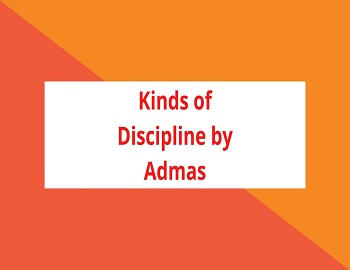

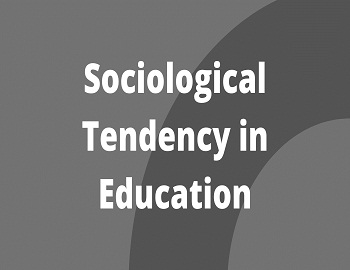

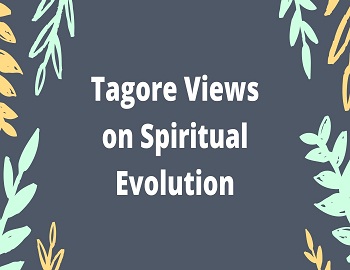
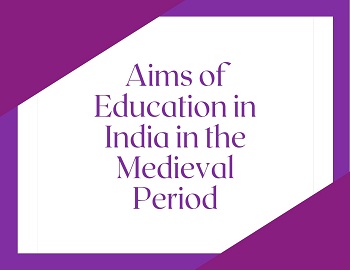
Comments (No)